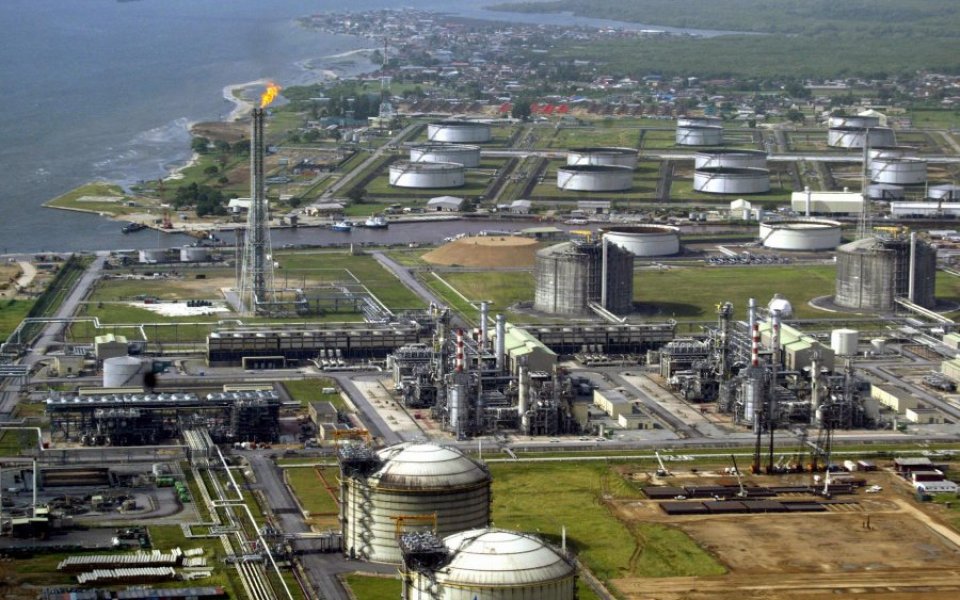Low-income commodity exporters will have a tough 2016, warns the IMF

Low-income commodity-exporting countries face a struggle next year, the International Monetary Fund has warned.
Commodity price falls this year have dented the growth of many low-income developing countries (LIDCs), and the IMF said the significant slowing of growth will carry over into 2016.
The IMF said weak trade and worsening government finances underscored “the need for policies to adjust to what is expected to be a sustained period of less favourable export prices.” It said LIDCs with diversified export revenues – which did not rely heavily on oil and mineral exports – continued to record robust growth.
Countries relying on oil exports have been urged to make reforms to increase their competitiveness, allowing other sectors of their economies to grow. It added: “Several LIDCs have been badly hit by domestic supply shocks, including from natural disasters (such as Ebola) and worsening security conditions.”
The weak outlook was due to the IMF’s forecast for commodity prices. It said oil prices looked set to remain low due to a global supply glut, and that demand for hard commodities was likely to stay low due to a slowdown in China.
Read more: Oil prices fall amid mounting glut concerns
The economic growth of commodity exporters such as Nigeria have slowed to an average annual rate of three per cent this year, the IMF said. It added:
Domestic shocks an important additional contributory factor in countries hit by the Ebola epidemic (Guinea, Sierra Leone) and by security disruptions (Burundi, Yemen, South Sudan). Some commodity exporters continued to record strong output growth as new mineral projects came on stream (Democratic Republic of Congo, Mozambique, Papua New Guinea).
The IMF said annual economic growth growth had averaged six per cent this year in countries with diversified exports. It said:
Growth has remained robust among diversified exporters in 2015, helped by strong performance in some large frontier market economies (Bangladesh, Vietnam, Kenya). But several countries suffered from adverse supply shocks in the form of natural disasters (Haiti, Liberia, Nepal, Nicaragua), while countries with close economic links to Russia (Kyrgyz Republic, Moldova, Tajikistan) suffered from adverse spillovers from Russia’s recession.